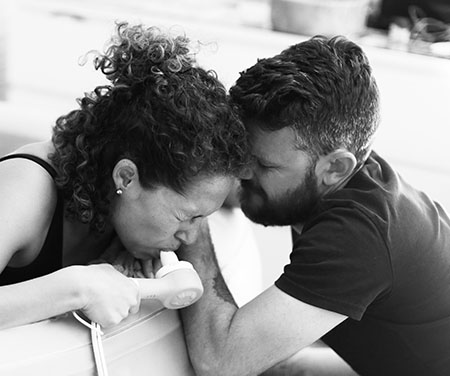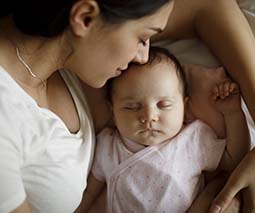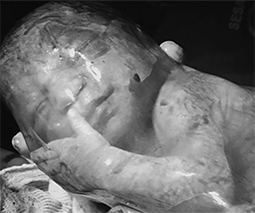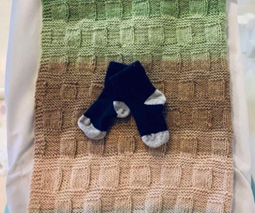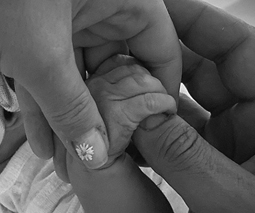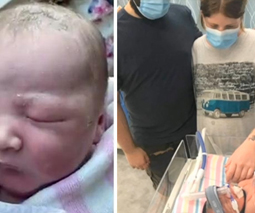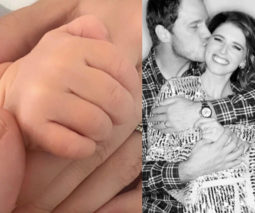“1 in 15 million”: Identical quadruplets born during pandemic come home!
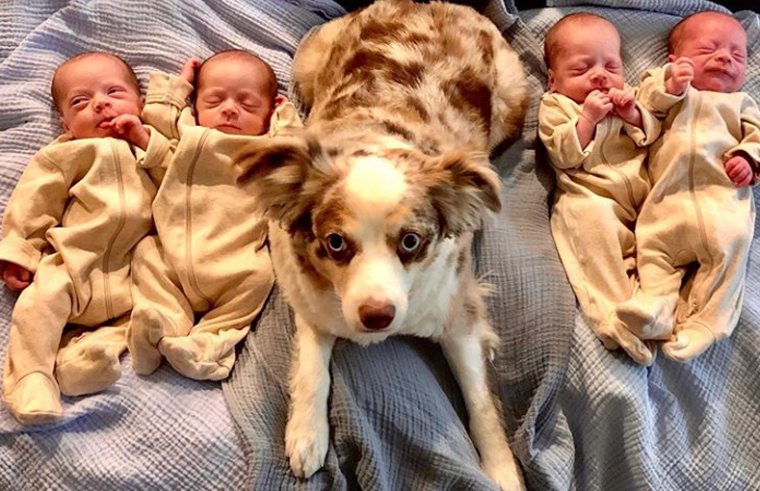
As if having a baby during the coronavirus pandemic isn’t stressful enough, imagine having four?! Texas couple Jenny and Chris Marr know the feeling, having given birth to four naturally conceived identical bouncing baby boys in Dallas on 15 March – the day before social distancing orders were issued for Dallas County due to the Covid-19 outbreak.
And these are some special little boys indeed – being one in 15 million!
Boy, oh boy … oh boy … OH BOY!
The couple learned they were pregnant with their first child back in October last year – long before the pandemic changed the world.
After a positive pregnancy test, a routine sonogram revealed not one but THREE heartbeats, causing dad Chris to turn pale and pass out with the shock, according to The Washington Post. Honestly, we do not blame him one bit!
A week later, the fourth heartbeat was detected and the couple realised that they were in for one heck of a pregnancy and parenting journey, and a very large ready-made family.
“I told Jenny we shouldn’t go to our next appointment because they’ll just keep multiplying,” Chris told The Washington Post.
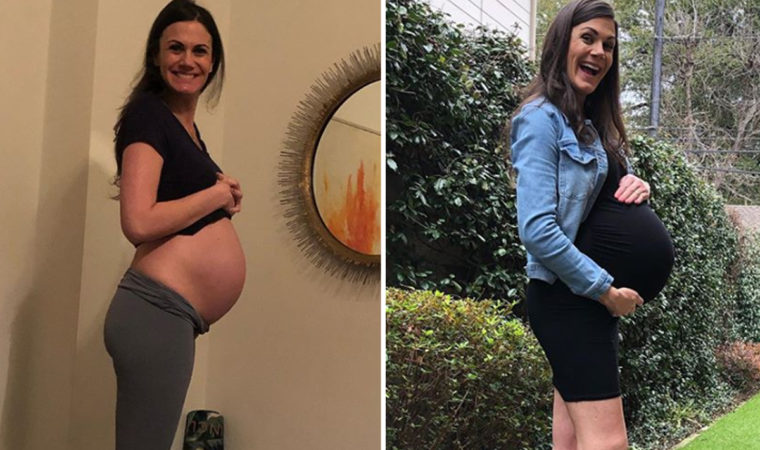
Look at the difference between 19 and 27 weeks!
Images: instagram/themarrthemerrier
Tiny but mighty!
Born at 28 weeks and 4 days gestation, the baby boys are named Hudson Perry, Henry William, Harrison Foy and Hardy Smith and they weighed 1 to 3 pounds at birth (0.45 – 1.3kg).
A team of 24 doctors and nurses helped with the c-section delivery and the brothers spent six weeks in the neonatal intensive-care unit and nearly two weeks in special care. The tiny but mighty little warriors were discharged one by one with Henry, the last baby to be discharged, sent home on May 12.
Since coming home, all four of the precious baby boys have continued to thrive – all now weighing from 5 to 6 pounds (2.26 – 2.72kg).
“Incredibly rare”
The natural conception of the four identical boys (without the help of IVF or fertility specialists) is so rare, only a handful of cases have been documented worldwide. The Marrs have no history of multiple births on either side of their family.
In a news release from the hospital, high risk pregnancy specialist Dr. Brian Rinehart said, “This situation is so incredibly rare that there are only about 72 documented cases of spontaneous, identical quadruplets ever.”
That’s around a 1 in 11 million to 1 in 15 million chance.
Also known as identical monochorionic quadruplets, this happens when a fertilised egg splits in two, and both cells split again.
Different to fraternal multiples, which develop from separate eggs that implant and form their own placentas, identical ‘monochorionic’ multiples develop together and share one placenta.
Pandemic? No problem
After the boys were born, Jenny says she felt the hospital was the safest place for her precious baby boys.
“Our nurses were social distancing from their families,” she told The Dallas Morning News. “They weren’t seeing anybody, because they put our babies first.”
The family are now receiving lots of help from nannies and relatives so each boy gets enough attention. Thanks to the support, Jenny has even revealed that she’s managing to get five to six hours of sleep a night! Legend!
Which baby boy is which?
That hasn’t stopped her from mixing the boys up now and then, admitting that she’s using some unusual methods to tell them apart:
“Henry has like a little tiny hemangioma — it’s like a little blood vessel — he has one on his belly,” Jenny revealed to The Dallas Morning News.
Imagine having babies so identical, you need to use their VEINS to tell them apart?!
We wish this family all the best on their amazing parenting journey – what a wild ride they’re in for.
And in case you’re wondering what it feels like to have FOUR active babies growing in your belly, check out this amazing time lapse of the sweet Marr quads from just a few days ago. And thank your lucky stars you only had one bub bouncing on your bladder!
